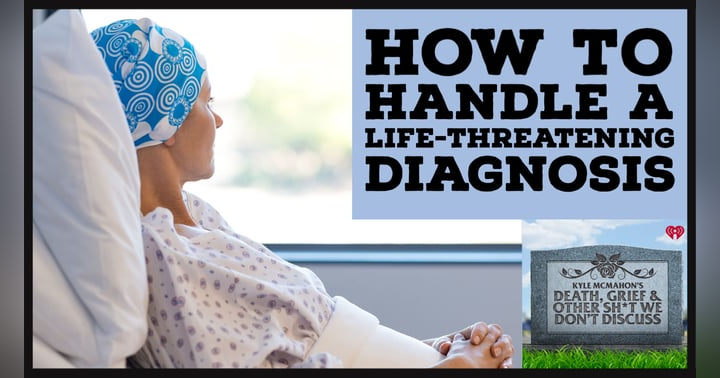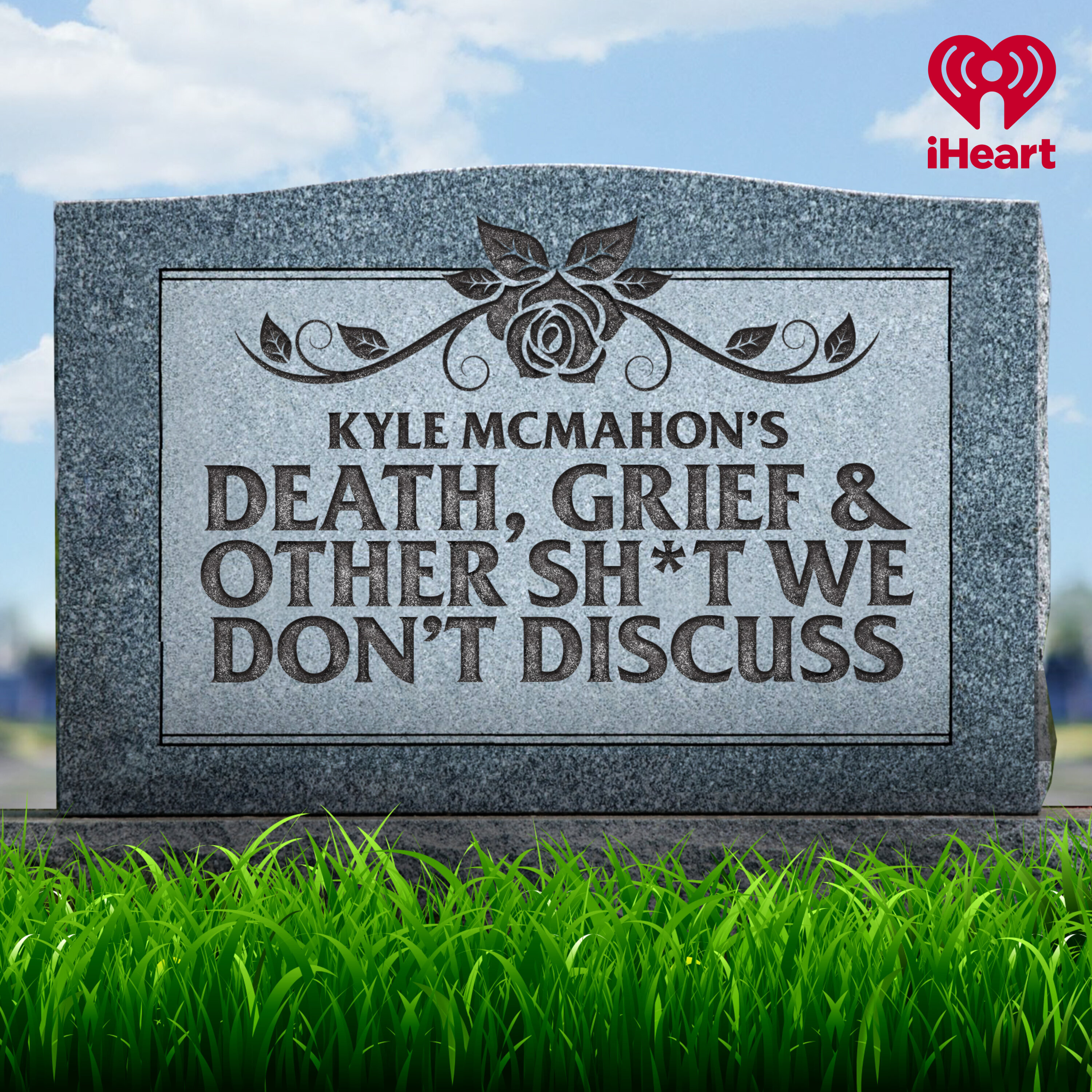What To Do When Faced With A Shocking Diagnosis
Hey, Kyle McMahon here. If you've been following "Death Grief & Other Shit We Don't Discuss," you know my journey started with a gut punch - the moment my mom, Joanne, was diagnosed with pancreatic cancer. Episode 1, "The Diagnosis (AKA WTF???)," is all about that initial shock, that feeling of your world just completely collapsing. I quickly realized that despite how universal death and grief are, we as a society, really don't talk about them enough, especially when a major diagnosis hits.
When I got the news about my Mom, it was like being hit by a truck. The disbelief, the immediate breakdown in the hospital hallway... it was all so raw and so overwhelming. And that's something I've learned, and something Dr. Nicole Duffy, the health Psychologist I interviewed, really hammered home: it's absolutely okay to not be okay, and to let yourself feel all of it. There's no script for how you're "supposed" to react when someone you love gets a life altering diagnosis. Honestly, just feel it.
One of the biggest hurdles I faced, and something Dr. Duffy pointed out, is what she calls the "tyranny of positive thinking." Man, I tried so hard to be "aggressively optimistic" for my mom. I was on a mission to find a cure, the best treatments, anything to beat that grim 9% five-year survival rate. But looking back, I regret not allowing her - or myself - to acknowledge the fear and pain I was feeling. Really, that we all were feeling. We're often told to stay positive, but sometimes, that pressure can make you feel like you're failing if you're not constantly upbeat. It's crucial to acknowledge the difficulty and make space for genuine emotions.
Finding a safe space to process all this is non-negotiable. For me, that meant eventually creating this podcast, hoping it could be the show I was looking for. Dr. Duffy’s work as a health psychologist is all about providing that safe haven for patients and families to talk openly without judgment. Seek out those people or places where you can truly be vulnerable and say how you feel.
Even in the darkest moments, I found myself trying to make sense of it all. It's a natural human tendency to find meaning and as Dr. Duffy shared, finding personal meaning, even in dire circumstances, can be a powerful coping mechanism. It helps you hold onto something when everything else feels like it's slipping away.
And finally, you absolutely CAN NOT do this alone. I leaned on my family and close friends, and eventually, the experts I brought on this show. Build your support system and don't be afraid to ask for help. And if you're supporting someone going through this, just be there. Listen to them. Offer practical help. Your presence makes a difference.
Starting this podcast and talking about these difficult topics has been incredibly healing for me. Episode 1 truly sets the stage for what I hope is a much needed conversation about death, grief, and everything that comes with it. It’s messy. It’s painful. But we navigate it better when we're honest and supportive of each other.
What about you? Have you faced a life-altering diagnosis, either personally or with a loved one? How did you navigate those initial moments? I'd love to hear your experiences in the comments below – let's keep this conversation going.












